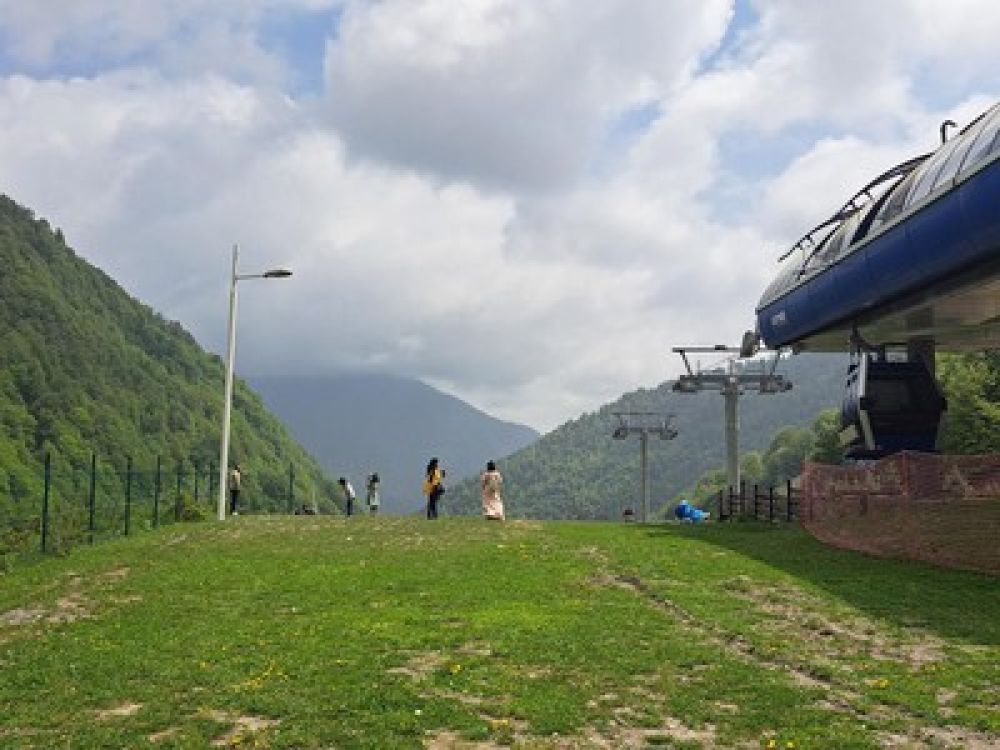

The history of Gabala, located in the northern part of Azerbaijan, can be traced back thousands of years, with its former status as the capital of the ancient state of Caucasian Albania. Over centuries, it served as a pivotal hub for culture and politics in the region. However, it wasn't until the late 20th century and early 21st century that Gabala began to emerge as a sought-after destination for tourists both domestically and internationally.
In the Soviet era, Gabala was known primarily for its military installation rather than as a holiday destination. It was only following the dissolution of the Soviet Union and Azerbaijan's subsequent independence in 1991 that the nation, including Gabala, started to open up its rich cultural and natural heritage to tourists.
Recognizing the potential of tourism, the Azerbaijani government began investing in infrastructure development in Gabala. Facilities such as hotels, resorts, and entertainment venues started to take shape. The Tufandag Mountain Resort complex, which opened its doors to skiing enthusiasts, is one vivid example of this development.
Gabala boasts a wealth of natural attractions, including the lush greenery of the Greater Caucasus mountain range, clear lakes like Nohur, and outdoor recreation areas that offer activities like hiking, mountain biking, and fishing. The cultural heritage, represented by historical mosques and churches, archaeological sites, and local craftsmanship, also plays a significant role in attracting tourists.
The Gabala International Music Festival, which began in 2009, has become a significant annual event that has put Gabala on the world map as a cultural destination. Renowned musicians from around the globe come to perform here, drawing classical music aficionados to the city.
In recent years, Gabala has seen a trend towards eco-tourism and sustainable travel experiences. Visitors show growing interest in the region's natural habitats, traditional lifestyles, and organic cuisine. Additionally, adventure tourism is on the rise, with activities such as paragliding and quad bike tours becoming increasingly popular. Gabala also continues to enhance its hospitality sector, with a focus on providing high-quality services that reflect Azerbaijani traditions and hospitality.
Like many other tourist destinations worldwide, Gabala's tourism sector felt the impact of the COVID-19 pandemic. However, with the implementation of safety protocols and the gradual resumption of international travel, Gabala is poised to recover and continue its growth as a top tourist destination in Azerbaijan.
In conclusion, Gabala's journey from a historical city with ancient roots to a contemporary tourist destination is marked by the blend of its natural beauty, cultural wealth, and modern tourist facilities. With ongoing developments and a commitment to sustainable tourism, Gabala is expected to flourish further on the global tourism stage in the years to come.